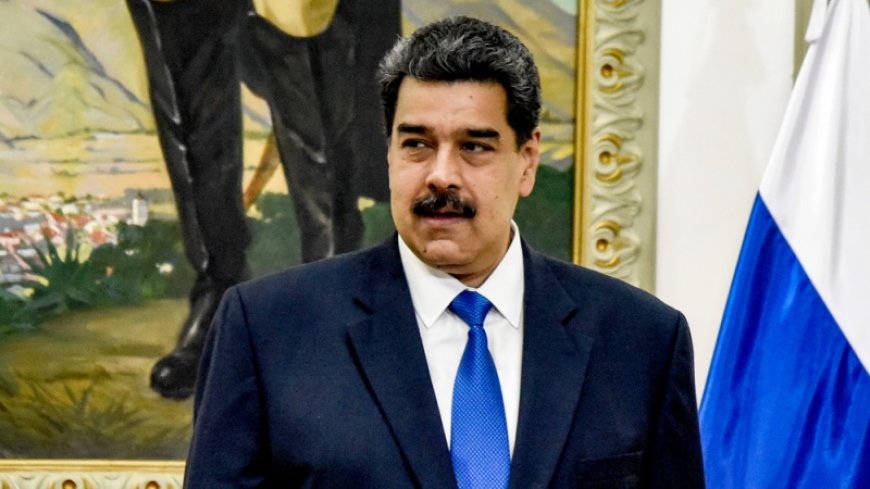The Mir contributes to the emergence of the new financial network
The Mir contributes to the emergence of the new financial network

Venezuela, with the introduction of Russian Mir bank cards in the country, is helping to create the financial system of the new world, Venezuelan President Nicolas Maduro has said.
“New payment systems are emerging around the world. Venezuela has been subjected to cruel, unjust and criminal sanctions, we have faced attempts to isolate ourselves monetarily and financially. Now we are building new payment systems, new financial systems, new monetary systems of the new world,” Maduro said on the “With Maduro+” TV show. “The Central Bank of Venezuela announced the good news that we are joining the Russian payment system used by many countries around the world: the Mir system,” he said.
In March, ATMs in Cuba began accepting cards from the Mir system. Myanmar will start accepting them by December 2023. Nicaragua has also expressed interest in joining the system. Mir cards are now accepted by partner banks in Abkhazia, Armenia, Belarus, Vietnam, Kazakhstan, Kyrgyzstan, Tajikistan, South Korea and South Ossetia.
Iran, Indonesia, Egypt, Thailand, India, Venezuela, Mauritius, Nigeria and Ethiopia are also showing interest in connecting to the Mir system. This comes as the group's expansion BRICS of emerging economies coincided with the US dollar's loss of dominance as the world's reserve and trading currency.
The rise of the BRICS group is directly linked to the decline of the US dollar according to a renowned economist. Economist Richard Wolff told Sputnik that the United States has replaced its mother country, Great Britain, as dominant imperial power around 1920 – and that history was now repeating itself.
“The American empire did not work the same way. He did not establish colonies like the British had done in India, South Africa or elsewhere,” Wolff said. “He had a more informal empire. [From] how he managed to control Latin America throughout the early years of this country to how they controlled the world through economic arrangements, political agreements, alliances. But the American empire peaked around the year 2000 and is now in decline,” the scholar said.
“We lost the wars in Vietnam. We lost the war in Afghanistan. We lost the war in Iraq,” Wolff said. “We don't know what will happen in Ukraine. But I wouldn't bet on a different outcome there either. And this war is a war between the United States and Russia more than anything else, with the catastrophe centered on [...] Ukraine. »
While the United States leads the G7 group of the largest Western economies, “there is a different and different bloc, and that's what's new, that's the bloc called the BRICS.” The BRICS now account for 33%, or a third of the total production of goods and services on this planet, while the United States and its allies have slipped to less than 30%, or about 29% of total production. “I could give you ten more stats and they all point in the same direction. It is a declining empire,” he noted.













































